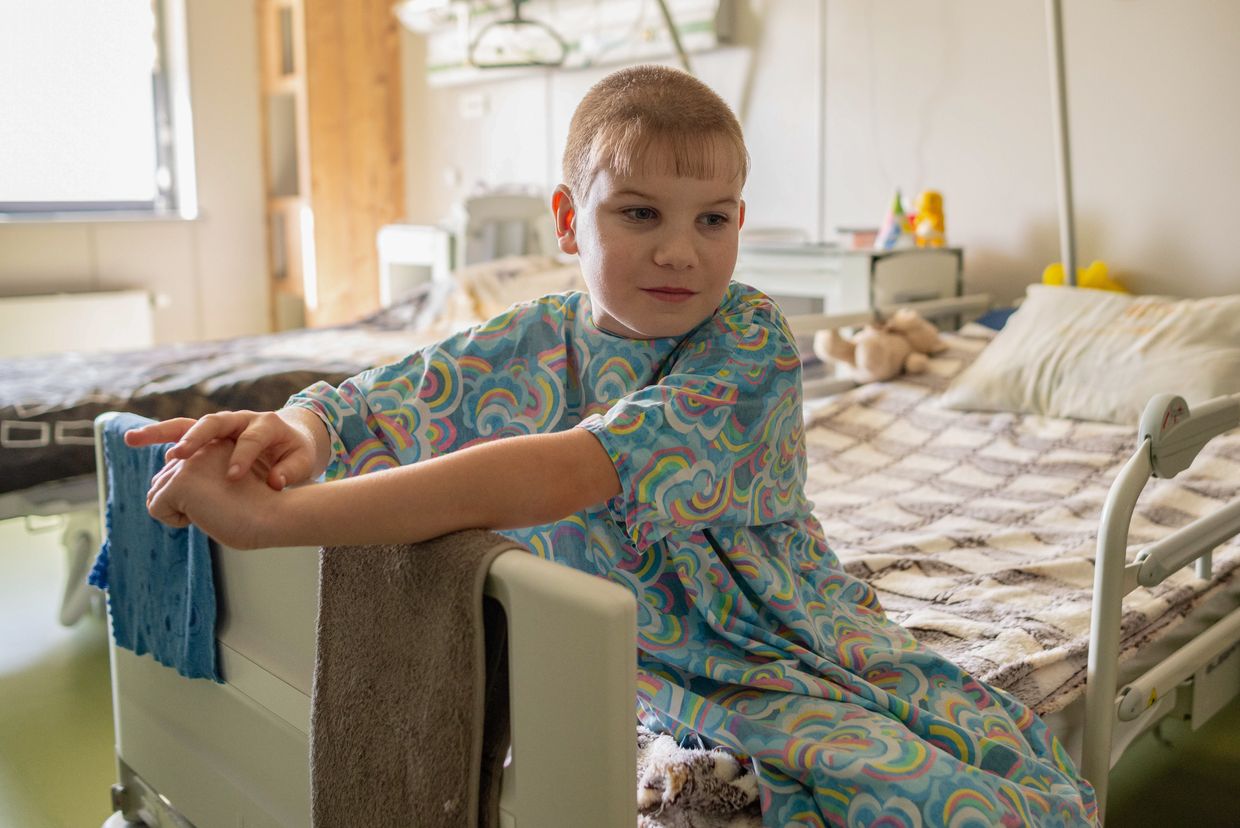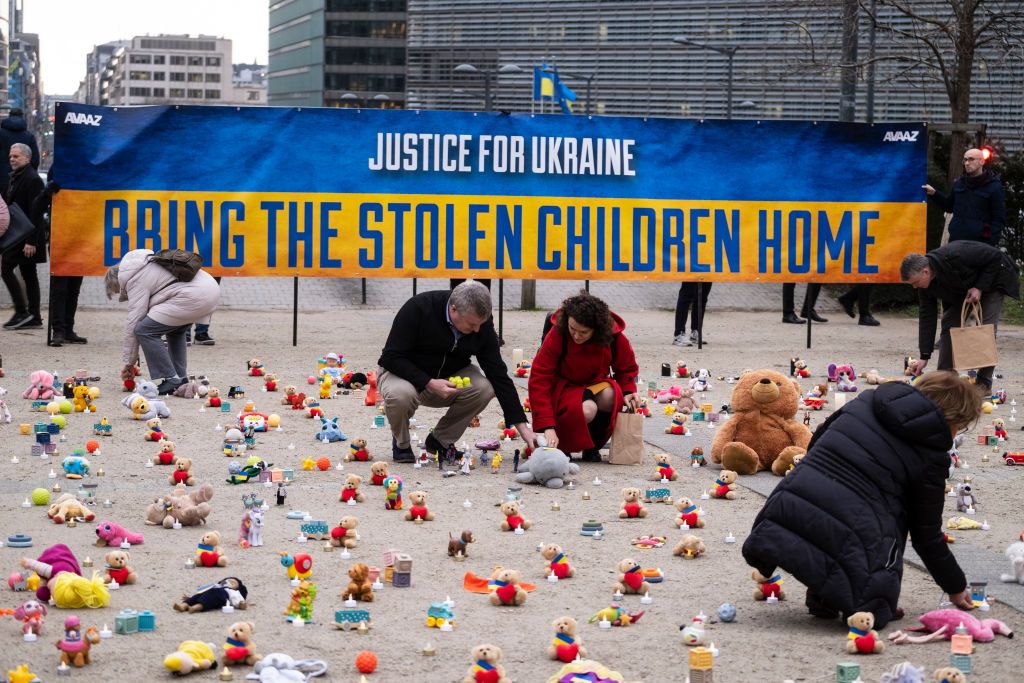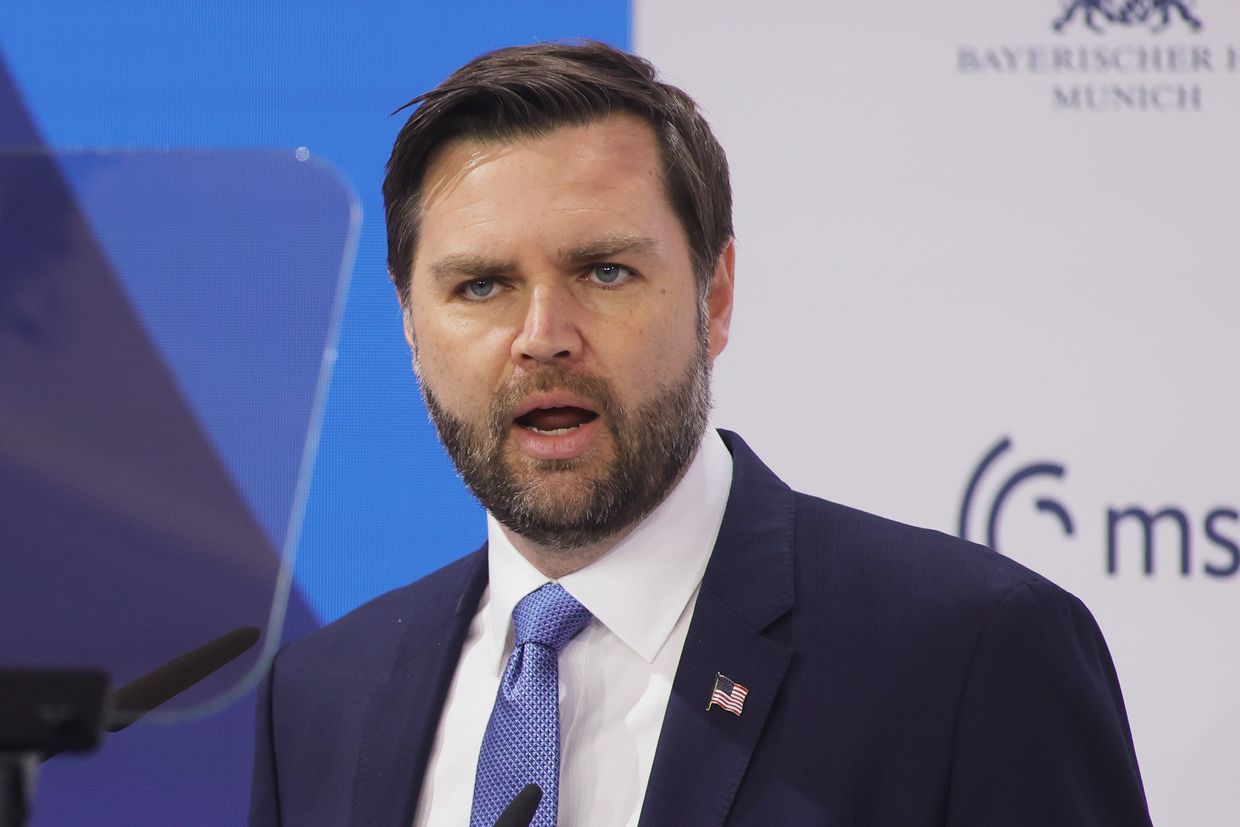Eleven more children had been brought back home from Russian-occupied territory in Kherson Oblast, Governor Oleksandr Prokudin said on May 8.
Over 19,500 children have been confirmed as abducted by Russia since the start of its full-scale invasion of Ukraine, and less than 400 of them have been returned home, according to the Children of War database.
The 11 children included two orphan girls aged 10 and 13. The other nine children — four boys and five girls aged one to 16 — are half-orphans, according to Prokudin.


"The children are in a safe place now, receiving the necessary medical and psychological assistance," he said.
Russia's all-out war against Ukraine has led to around 1,800 Ukrainian children becoming orphans, the National Social Service of Ukraine said in a comment to the Kyiv Independent in March.
A total of 78 children have been reportedly brought back from Russian-occupied territory in Kherson Oblast since the beginning of 2024.














